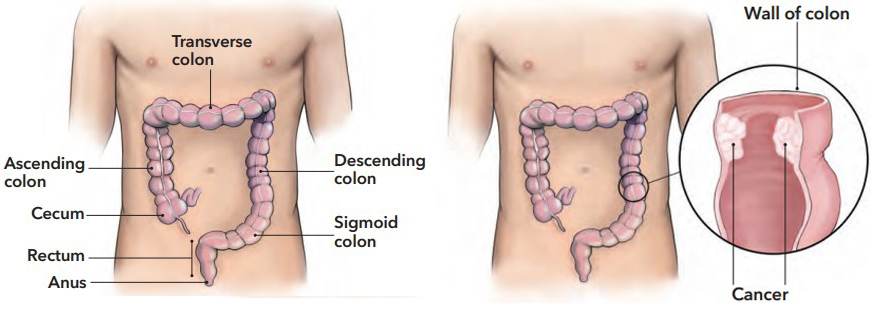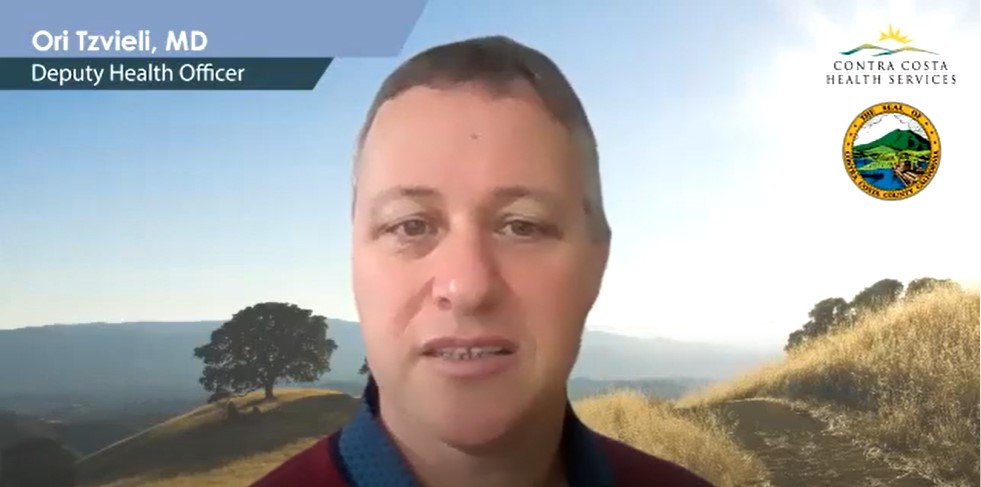
Matching state’s order one day prior; order comes one day after Contra Costa Supervisors appoint new county health officer; state continues to require masking in K-12 school settings
In alignment with the State, the Bay Area counties of Contra Costa, Alameda, Marin, Monterey, Napa, San Francisco, San Mateo, Solano, Sonoma, the City of Berkeley, and Santa Cruz County will lift universal mask requirements for vaccinated individuals in most indoor public settings beginning Wednesday, February 16. The change comes one day after Contra Costa Supervisors appointed Dr. Orli Tzvieli as the county’s new health officer. (See related article)
The change aligns with the California Department of Public Health’s (CDPH) decision to let expire the statewide indoor mask requirement, which was instated on December 15 during the latest COVID-19 surge, in spite of scientific evidence masks don’t work in preventing the spread of the virus. That’s because the size of the COVID molecule is much smaller than the gaps in the fabric of most if not all masks being used. In addition, a 2021 study (that has not yet been peer-reviewed), conducted using data from the CDC covering multiple seasons, reports that “mask mandates and use are not associated with lower SARS-CoV-2 spread among US states.” That study also shows “case growth was not significantly different between mandate and non-mandate states at low or high transmission rates, and surges were equivocal.”
Yet, unvaccinated individuals over age 2 will continue to be required to wear masks in all indoor public settings. Businesses, venue operators and hosts may determine their own paths forward to protect staff and patrons and may choose to require all patrons to wear masks.
Plus, indoor masking is still required by the State for everyone, regardless of vaccination status, in public transportation; health care settings; congregate settings like correctional facilities and homeless shelters; long term care facilities; and in K-12 schools and childcare settings.
Bay Area health officers, in alignment with CDPH, continue to strongly recommend masks be used as an effective tool to prevent the spread of the virus especially when case rates are high, or when additional personal protection is needed. Continuing to mask in indoor public settings, especially crowded or poorly ventilated spaces, remains the safest choice for an individual and protects those who are medically vulnerable or are not able to get vaccinated, like our youngest children. As evidence continues to show, vaccinations and boosters remain the best defense against the virus.
The highly contagious Omicron variant brought on a new stage of the pandemic with a high number of new infections, but significantly fewer cases of life-threatening illnesses, especially for those who are vaccinated and boosted. While relaxing indoor masking requirements is part of a population-level shift toward a “new normal” of living with the disease, the Health Officers recognize that essential workers and communities of color continue to be highly impacted by COVID-19 and will need additional support to limit widening health disparities. Changes to health orders and recommendations may be updated as Health Officers follow the science and the data to evaluate whether additional protective measures may be needed as the virus evolves and if future surges occur.
People should continue to choose layered prevention strategies, such as wearing well-fitted masks (N95 or double layer cloth over surgical are best); staying home and testing when symptomatic; testing before gatherings; and improving indoor ventilation in situations where these strategies can add protection for themselves and others. Staying “up to date” on vaccinations, meaning primary series and boosters when eligible, remains the most important way to prevent severe illness, hospitalization, and death.
After reaching a high on January 9 of 2,835 new cases per day, Contra Costa’s case rates have rapidly declined to a 7-day average of 958 on February 1 and continue to drop. Meanwhile, hospitalizations, a lagging indicator of disease, have begun to drop and never exceeded local capacity during this latest surge because of the county’s overall high rates of vaccinations (80%) and boosters (49% of those eligible). Contra Costa’s universal mask mandate has been in place since August 2 when cases began climbing from the Delta variant.
A combination of preventative strategies, along with the community’s cooperation helped get the Bay Area through this last surge together as a stronger community.
“We are able to take this next major step of removing the universal indoor mask requirement because we have laid a strong foundation in good public health protections…and know we can reduce severe illness, hospitalizations and deaths,” said Dr. Ori Tzvieli, health officer for Contra Costa County.
By aligning with the state masking rules, the participating Bay Area counties will not need to meet previously established criteria for lifting local masking orders, which were devised at a different point in the pandemic.
CDPH continues to require masking in K-12 school settings but has indicated adjustments to the state’s policies will be shared in the coming weeks. In the meantime, there is work to be done in closing the remaining gaps in vaccinations and boosters among children with a particular focus on equity gaps within the most highly impacted communities.
For early education programs, such as preschool and childcare settings, CDPH continues to require masking for children older than age two. Vaccinations for children under 5 are currently undergoing federal review. Workplaces will continue to follow the COVID-19 prevention standards set by CalOSHA.
Some people may understandably feel anxious about these changes to masking requirements in the county. People can continue to choose to wear face coverings around others whether it’s mandated or not and should respect people’s choices around their health. Community members who are vaccinated and choose not to mask should respect the choices of those who continue to mask. Officials ask residents and visitors to be kind and respectful as people evaluate their risks and make choices to protect themselves and those around them.
Allen D. Payton contributed to this report.

 Antioch, CA – Agemark Senior Living recently recognized several of the company’s senior living communities as well as individuals from those communities in a company-wide virtual awards ceremony held February 10. TreVista Senior Living and Memory Care in Antioch was recognized as the company’s Rising Star Community of the Year. This award is given to the Agemark community that has shown tremendous improvement and future promise.
Antioch, CA – Agemark Senior Living recently recognized several of the company’s senior living communities as well as individuals from those communities in a company-wide virtual awards ceremony held February 10. TreVista Senior Living and Memory Care in Antioch was recognized as the company’s Rising Star Community of the Year. This award is given to the Agemark community that has shown tremendous improvement and future promise.














 In today’s world, it’s not uncommon for children to be connected to their phones and laptops. Some sneak devices on their laps under the dinner table, while others are slow to respond to real conversations when they’re texting their friends. It’s a whole new world, but increased screen time might be leading to more mental health issues, according to “Screen Time Use Among U.S. Adolescents During the COVID-19 Pandemic
In today’s world, it’s not uncommon for children to be connected to their phones and laptops. Some sneak devices on their laps under the dinner table, while others are slow to respond to real conversations when they’re texting their friends. It’s a whole new world, but increased screen time might be leading to more mental health issues, according to “Screen Time Use Among U.S. Adolescents During the COVID-19 Pandemic 

















